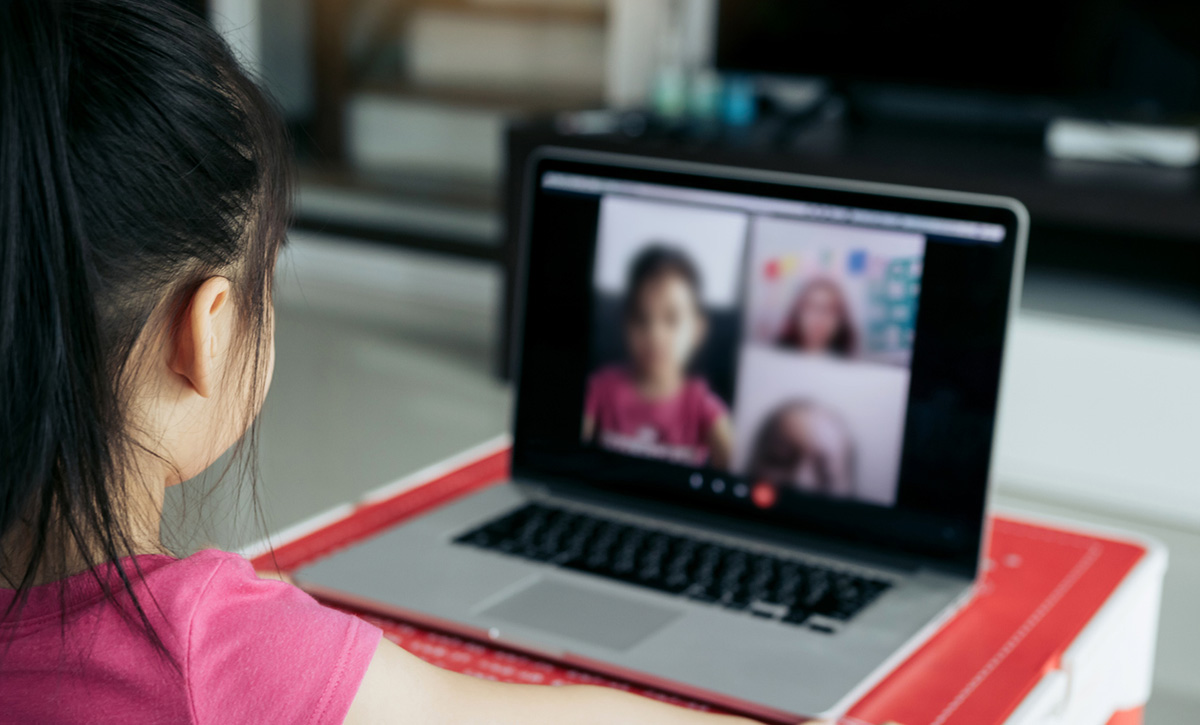LA Students’ Digital Divide: Advocates Fear LAUSD-AT&T Wi-Fi Plan Won’t Be Enough
Advocates warning time limitations and resources of new partnership means assistance won’t reach all students who need it

Get stories like this delivered straight to your inbox. Sign up for The 74 Newsletter
A $50 million partnership between LAUSD and AT&T California to provide thousands of students with high speed internet access is drawing concern from advocates.
When Los Angeles district schools went remote at the start of the pandemic, the school system’s digital divide was thrown into sharp relief — making clear many low income students lacked reliable Wi-Fi at home. Unable to connect made it nearly impossible for those students to attend online classes or complete school work.
In May, LAUSD superintendent Alberto Carvalho announced the partnership with AT&T, providing Wi-Fi “in the initial stage” for about 60,000 students. The new initiative uses short-term federal funding to cover nearly all of the cost. Carvalho said federal money would likely cover a second year for participating students.
About 90,000 students lack broadband service, LAUSD has estimated. And, according to a survey conducted last year, 84 percent of families, most low income, had issues accessing a good internet connection at home.
“This is a really big deal that LAUSD is doing this,” said Executive Director from Great Public Schools Now Ana Ponce. “Unfortunately…resources are finite.”
“There is a chance that LAUSD may not have the funds to provide this beyond a year or two,” Ponce said, “so what is the long term solution for those 90,000 (students)?”
Ponce also raised issues about using hotspots distributed by LAUSD.
“Hotspots just aren’t great in general, they have drop off,” she said. They don’t work for people when you have a lot of people accessing the same hotspot. And then literally in some communities, hotspots just don’t work.”
Evelyn Aleman, founder of Our Voice: Communities for Quality Education said length of time covered by the partnership is “not enough. Low-income communities have been severely impacted by the pandemic.”
She said one of her clients, a mother supporting her low income family of three, “was paying $80 for the internet. She had to get rid of the service because she just couldn’t afford it. One year simply isn’t enough for parents like her.”
LAUSD district 7 board member Tanya Ortiz Franklin, who sponsored a resolution last year calling on LAUSD to make sure all students had access to Wi-Fi, commended the district and AT&T for the initiative, but expressed concern families might not know how to install the internet in their homes.
“Government… should be providing the Internet similar to how we provide public utilities like water and electricity,” said Ortiz Franklin. “My hope is… we can continue to not only pay for this service… but we can also get it covered by the federal government.”
This article is part of a collaboration between The 74 and the USC Annenberg School for Communication and Journalism.
Veronica Sierra is a junior pursuing a journalism degree at the USC Annenberg School for Communication and Journalism. She was born and raised in Valencia, Venezuela; and moved to California in 2015 where she continued high school, graduating in 2020.
Get stories like these delivered straight to your inbox. Sign up for The 74 Newsletter

;)